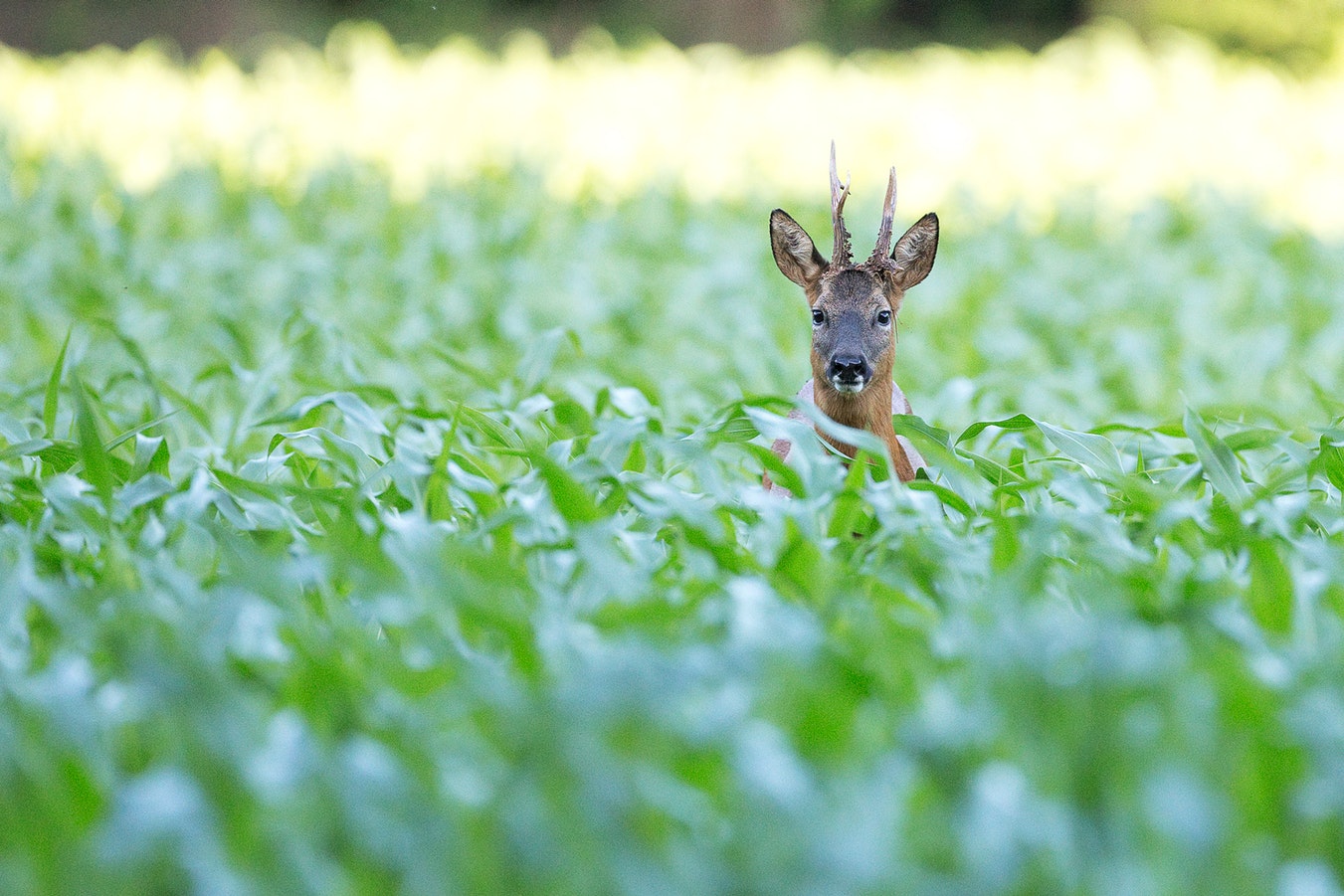On Trails: An Exploration

On Trails: An Exploration, Robert Moor writes:
“It may sound strange (even sacriligious) to some, but in a very real way, wilderness is a human creation. We create it in the same sense that we create trails; we do not create the soil or the plants, the geology or topology (although we can, and do, shift these things). Instead, we delineate the palce, by defining its boundaries, its meaning and its use… ‘Civilization,’ wrote the historian Roderick Nash, ‘invented wilderness.’ According to his account, the wilderness was born a the dawn of agro-pastoralism, when we began cleaving the world into binary categories of wild and tame, natural and cultivated. Words for wilderness are notably absent among the languages of hunter-gatherer peoples. (‘Only to the white man,’ wrote Luther Standing Bear, ‘was nature a wilderness.’) From the vantage point of a farmer, the wilderness was a strange, barren land, full of poisonous plants and deadly animals, anti-thetical to the warmth and security of home. To these land-tamers, wilderness became synonymous with confusion, wickedness, and suffering. William Bradford, the governor or the Plymouth Colony, was representative of the mindset when he deemed the uncolonized countryside, ‘A hideous and desolate wildness full of wild beast and wild men.'”